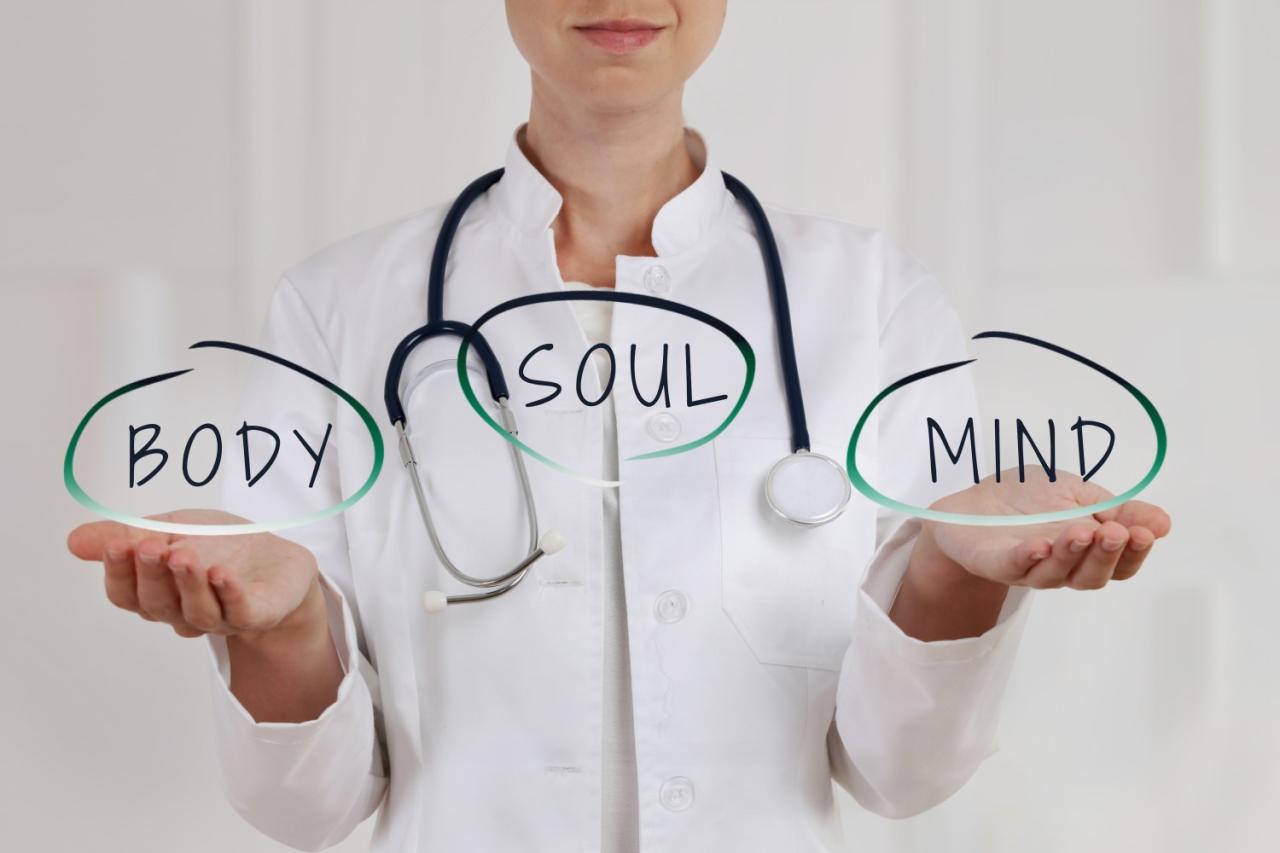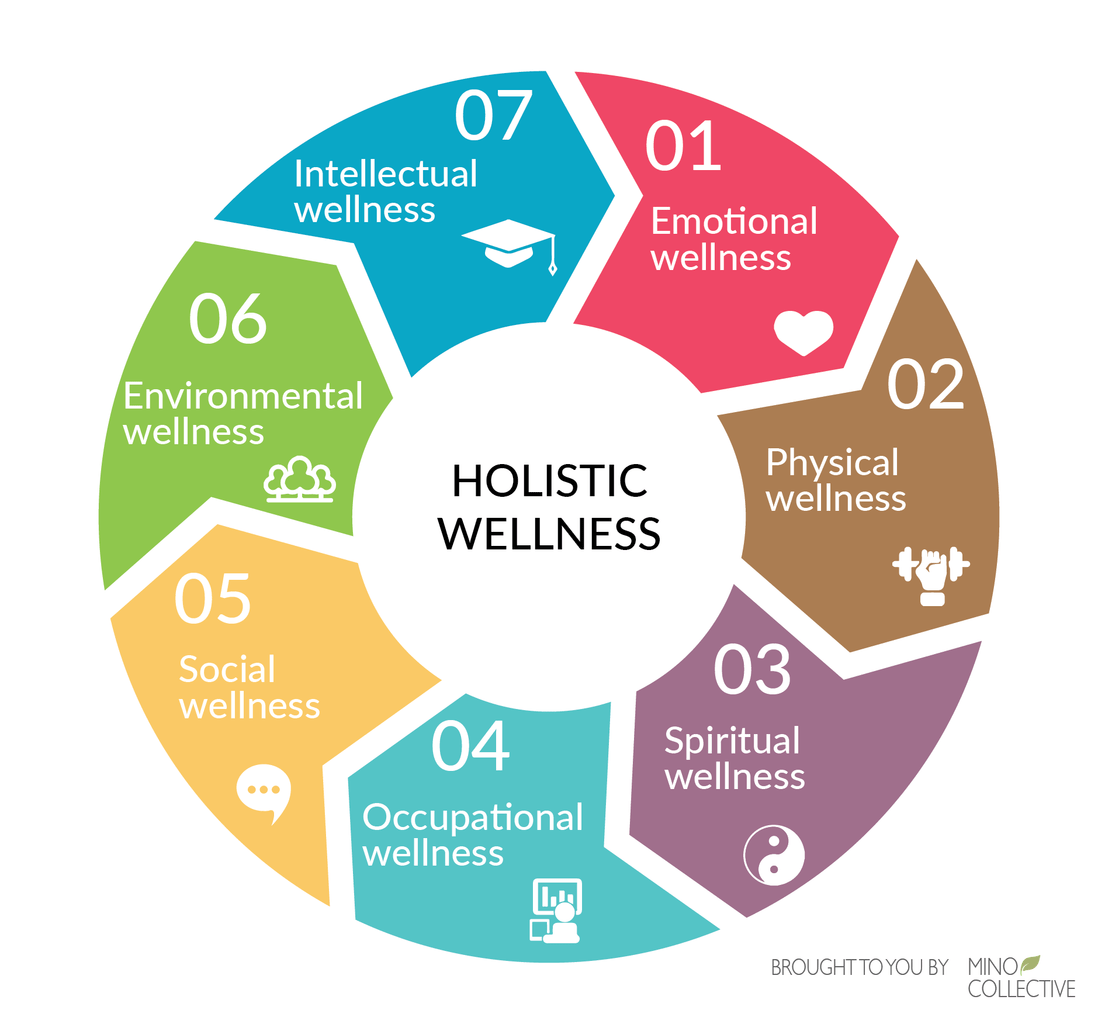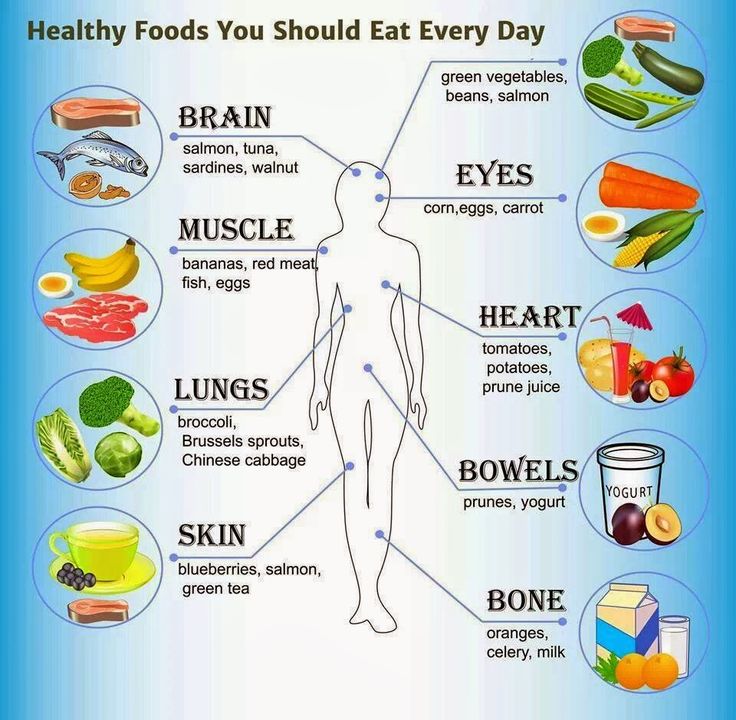Exploring the age-old debate of Holistic wellness vs modern medicine: What works best? Join us on a journey through contrasting ideologies and practices that shape our approach to well-being.
Delve deeper into the realms of holistic healing and scientific advancements in medicine, as we unravel the mystery behind choosing the most effective path for optimal health.
Holistic Wellness
Holistic wellness involves treating the whole person
- mind, body, and spirit
- rather than just focusing on specific symptoms or diseases. This approach emphasizes the interconnectedness of all aspects of a person’s health and well-being.
Principles of Holistic Wellness
- Addressing the root cause of health issues rather than just treating symptoms.
- Promoting balance and harmony in all areas of life, including physical, emotional, and spiritual well-being.
- Encouraging self-care practices and lifestyle changes to support overall health.
Role of Holistic Approaches
Holistic approaches play a crucial role in promoting overall well-being by taking into account the individual’s unique needs and circumstances. These practices focus on prevention, empowerment, and self-healing, aiming to achieve optimal health and wellness.
Examples of Holistic Practices
- Acupuncture: A traditional Chinese medicine practice that involves inserting thin needles into specific points on the body to restore energy flow and balance.
- Meditation: A mindfulness practice that promotes relaxation, stress reduction, and mental clarity, enhancing overall well-being.
- Herbal Remedies: The use of plants and natural substances to support the body’s healing processes and address various health concerns.
Modern Medicine
Modern medicine refers to the conventional approach to healthcare that focuses on the diagnosis and treatment of diseases using pharmaceuticals, surgeries, and other procedures. It is based on scientific evidence and research to provide effective medical interventions.
Advancements in Modern Medicine
Modern medicine has seen significant advancements in recent years, particularly in the realm of technology-driven treatments and precision medicine. These advancements have revolutionized the way diseases are diagnosed and treated, leading to more personalized and efficient healthcare solutions.
Examples of Common Modern Medical Interventions
- Chemotherapy: A common treatment for cancer that involves the use of drugs to kill cancer cells.
- Organ Transplant: A procedure in which a healthy organ is transferred from one person to another to replace a diseased or damaged organ.
- Robotic Surgery: Utilizing robotic technology to perform minimally invasive surgical procedures with enhanced precision and control.
- Immunotherapy: A type of cancer treatment that boosts the body’s immune system to fight cancer cells.
Comparison

Holistic wellness and modern medicine are two distinct approaches to healthcare, each with its own set of underlying principles. Holistic wellness focuses on treating the whole person
- mind, body, and spirit
- and emphasizes the interconnectedness of all aspects of an individual’s health. On the other hand, modern medicine typically follows a reductionist approach, focusing on diagnosing and treating specific symptoms or diseases using pharmaceuticals, surgeries, and other medical interventions.
Effectiveness in Managing Chronic Conditions
Holistic approaches have shown promise in managing chronic conditions by addressing underlying causes, reducing inflammation, and promoting overall well-being. Practices such as acupuncture, yoga, meditation, and herbal medicine have been found to alleviate symptoms and improve quality of life for individuals with conditions like arthritis, diabetes, and chronic pain.
In contrast, modern medical treatments often rely on prescription drugs and surgeries to manage chronic conditions, which may provide immediate relief but can also come with side effects and long-term consequences.
- Acupuncture: A traditional Chinese medicine practice that involves inserting thin needles into specific points on the body to promote healing and relieve pain.
- Yoga: A mind-body practice that combines physical postures, breathing exercises, and meditation to improve flexibility, strength, and mental well-being.
- Meditation: A practice that focuses on calming the mind, reducing stress, and promoting relaxation, which can help manage symptoms of chronic conditions like anxiety, depression, and high blood pressure.
- Herbal Medicine: The use of plants and plant extracts to treat various health conditions, which can provide natural alternatives to pharmaceutical drugs for managing chronic conditions.
Importance of Integration for Comprehensive Healthcare
Integrating holistic practices with modern medical interventions is crucial for providing comprehensive healthcare that addresses the diverse needs of individuals. By combining the strengths of both approaches, healthcare providers can offer a more personalized and holistic treatment plan that considers the physical, emotional, and spiritual aspects of health.
This integrated approach can lead to better outcomes, improved patient satisfaction, and a more sustainable healthcare system in the long run.
Personal experiences

In the realm of holistic wellness, many individuals have shared stories of profound healing and transformation through practices such as acupuncture, meditation, and herbal remedies. These personal experiences often highlight the mind-body connection and the power of natural healing modalities.
Success with Holistic Wellness
- Amy, a chronic migraine sufferer, found relief through regular acupuncture sessions, reducing the frequency and intensity of her headaches without relying on medication.
- Mark, struggling with anxiety and insomnia, discovered the calming effects of daily meditation practice, leading to improved sleep quality and overall mental well-being.
- Sarah, dealing with digestive issues for years, experienced significant improvement in her gut health by incorporating herbal supplements and dietary changes based on holistic principles.
Benefits of Modern Medicine
- John, diagnosed with a life-threatening infection, underwent successful surgery and antibiotic treatment, saving his life and restoring his health through advanced medical interventions.
- Lisa, managing a chronic autoimmune condition, found relief and management of her symptoms through prescribed medications and regular check-ups with specialists, enhancing her quality of life.
- David, recovering from a serious injury, received effective pain management and rehabilitation therapies from modern medical professionals, enabling him to regain mobility and function in his daily life.
Contrasting Experiences
- Julie, struggling with chronic pain, tried both holistic therapies and modern medical treatments. While acupuncture provided temporary relief and relaxation, a surgical procedure ultimately addressed the root cause of her pain, leading to long-term improvement.
- Michael, dealing with depression, explored holistic approaches like yoga and mindfulness practices alongside psychiatric medication prescribed by a doctor. The combination of both modalities helped him achieve a balanced mental state and emotional well-being.
- Rachel, facing infertility issues, sought alternative fertility treatments in conjunction with assisted reproductive technologies. While holistic methods supported her overall health and well-being, in vitro fertilization (IVF) proved successful in helping her conceive and have a healthy pregnancy.
Last Word

As we conclude our exploration of Holistic wellness vs modern medicine: What works best? Remember, the key lies in finding a balance between ancient wisdom and modern innovation to achieve holistic health and wellness.
FAQ
What are the underlying principles of holistic wellness and modern medicine?
Holistic wellness focuses on treating the whole person, addressing physical, mental, and emotional aspects. Modern medicine emphasizes evidence-based treatments using pharmaceuticals and surgeries.
Is it better to choose holistic approaches or modern medical treatments for chronic conditions?
The effectiveness varies for each individual and condition. It’s often beneficial to combine holistic practices with modern medical interventions for comprehensive care.
Are there any risks associated with holistic wellness practices or modern medical interventions?
Holistic practices may have fewer side effects but might not work for all conditions. Modern medical interventions carry risks like adverse reactions to medications or surgical complications.








